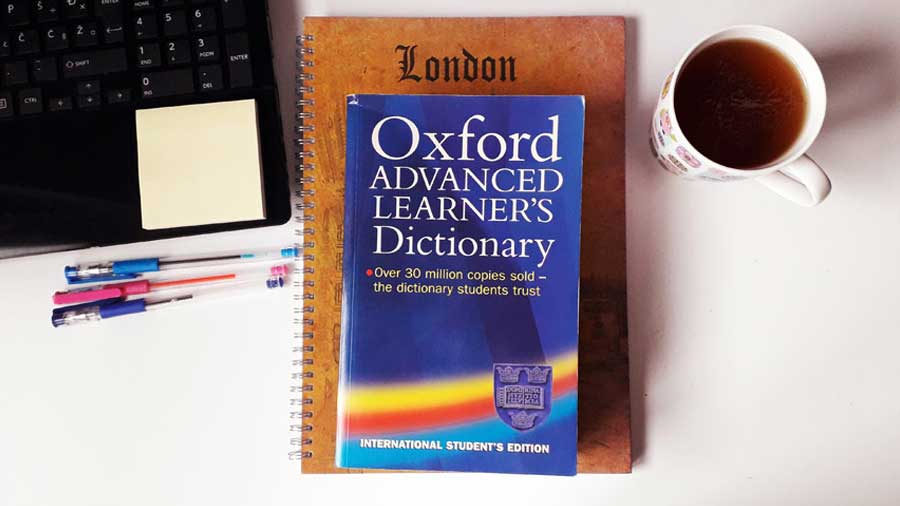Anyone in love with fairyland would regard goblins with suspicion. Far from being perky or playful like pixies, they are likely to be malicious, besides being most unappealing in appearance. So when thousands of English speakers embrace ‘goblin mode’ as the most favoured word of the year by voting for it at the instance of the Oxford English Dictionary, it means that something has shifted. If the prevalent ethos or mood of the year, which the most popular word is meant to capture, is expressed by invoking goblins, people must be feeling seriously out of sorts. No gentle fairies, peeking gnomes or mischievous leprechauns can express this precise mood, let alone an older word or phrase. Selfindulgent, lazy, greedy and dismissive of social niceties — the goblin mode describes the human creature that has evolved from the experience of the pandemic. The fairy tale of the pre-pandemic world is suddenly over; fear, loss, confinement, working from home, untimely sleep, a radically different sense of the passing hours — all seem to have drawn out a rebellious love for the goblin.
This new acquisition for culture is strangely in tune with the second most popular OED word of the year, ‘metaverse’. Strangely, because ‘goblin mode’ looks back to a lost fairyland while ‘metaverse’ looks forward to a future of immersive virtual reality in which social connections can be uprooted from pretty parlours or jolly pubs. Being in goblin mode in an untidy room with unwashed dishes piled on the bed would not stop a young man in a dirty singlet from seducing the elegant girl of his dreams by communicating with her in his most attractive avatar. This is the first time that OED has had people vote for the most used word. The top two combined are a perfect representation of their awareness of a changing culture: goblin-like in the post-pandemic perception of a reality that has made social expectations seem irrelevant, people are moving rapidly towards a virtual world in which friending and unfriending can be conducted with no need of a squishy hug or the turning away of a disdainful shoulder.
But the self-absorption of the post-pandemic being is not the end of the story. With hashtag ‘IStandWith’ coming in third from the list of words given to the vote, people seem to be re-establishing their moral, ethical and emotional connection with an external world full of injustice, hurt, cruelty, violence, harsh dominance and political struggle. People stand with Ukraine, with violated and tortured women, with deprived farmers, with refugees displaced by war and climate change. A goblin-like retreat is no longer the end of the story even if it is the preferred mode of existence for many. A metaverse of fantasy joys may be addictive but that, too, has to leave space for the blood and sweat of mutual support before ruthless tyrannies. Goblins and fairies, then, are not that far apart.










